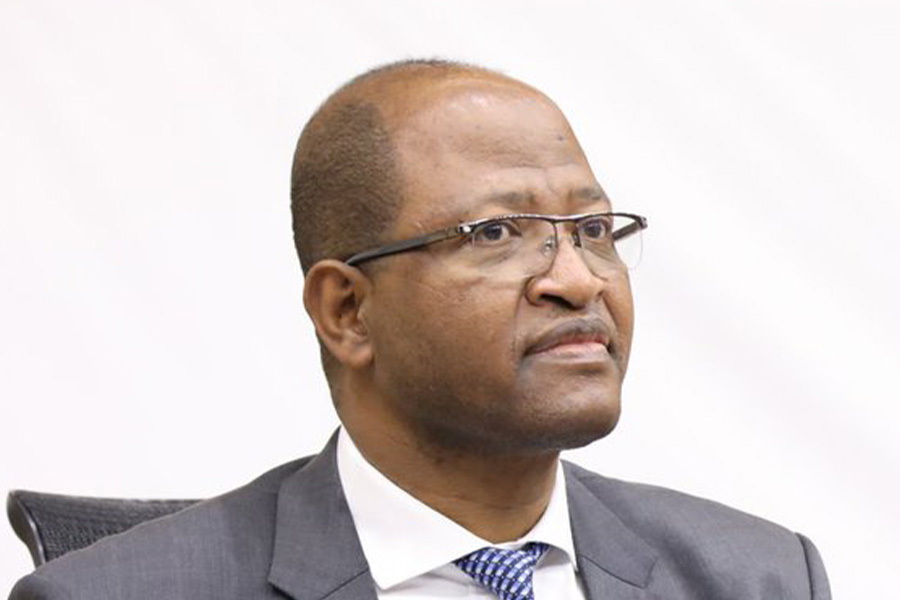
Parliament has passed the Asset Recovery Proclamation with three votes against and four abstentions. The law grants the government extensive powers to trace, investigate, and confiscate assets obtained through “unexplained” means. The new legislation aims to combat economic crimes that threaten financial stability and integrates existing criminal, anti-corruption, and anti-money laundering provisions into a unified legal code. The legislation allows relevant regulators to seize assets based on civil standards of proof, without requiring a criminal conviction. Under the new law, individuals and institutions must provide evidence of the legitimacy of their assets, shifting the burden of proof from prosecutors. Those with "unexplained assets" are required to present documentation within two months. The law also enables retroactive investigations into assets exceeding 10 million Br over the past decade. It grants investigators the authority to bypass privacy protections, such as accessing bank accounts and emails without court orders, and allows for undercover operations. A newly established department within the Ministry will manage recovered assets. Some MPs voiced concerns about the fairness and practicality of its implementation. Abraham Alemayehu (PhD) (MP-PP) expressed doubts, questioning whether the law could be implemented effectively and fairly..
[ssba-buttons]